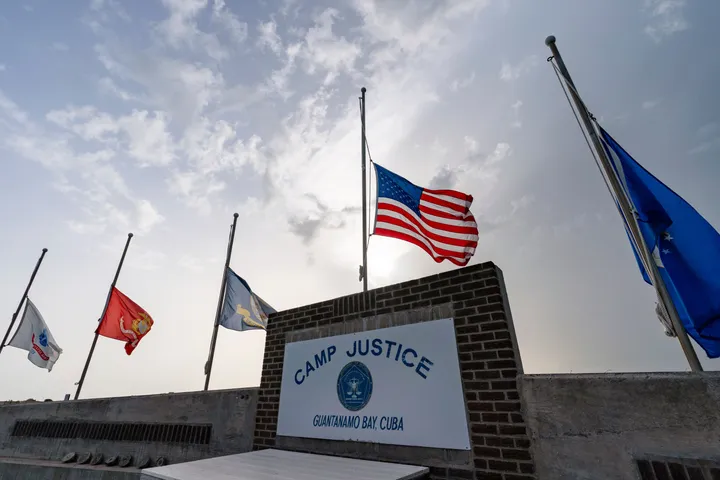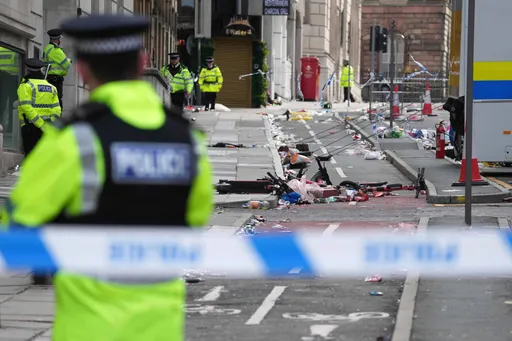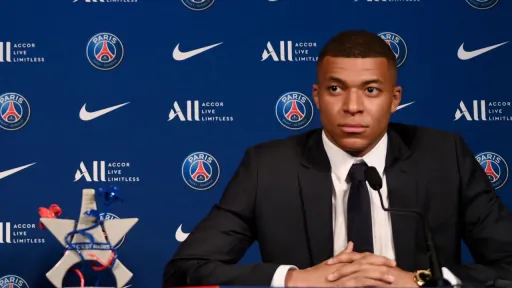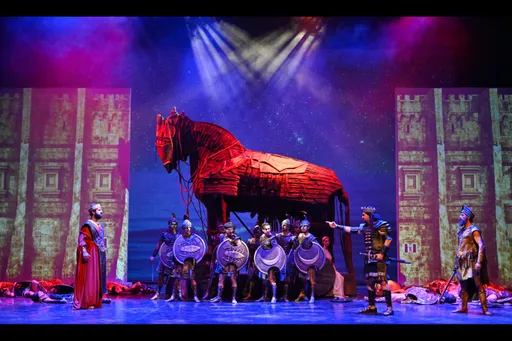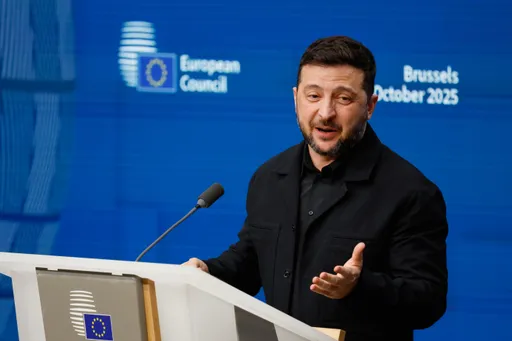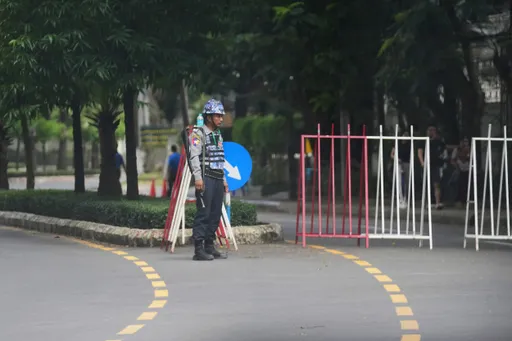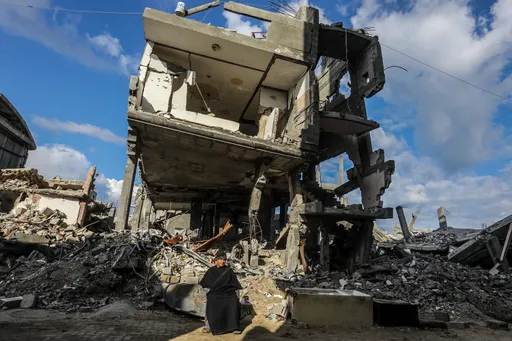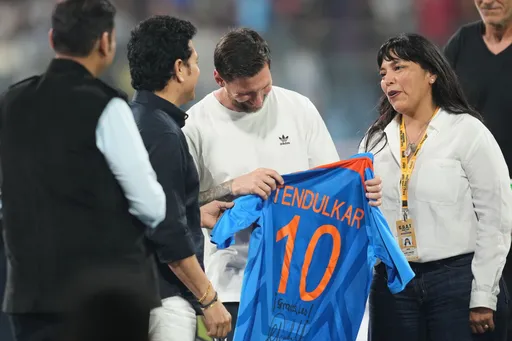The dice have been rolled. A group of opposition parties in Pakistan’s parliament claims it has gathered the support of enough lawmakers to unseat Prime Minister Imran Khan.
A no-confidence resolution against the prime minister is set to go to vote on April 3 (Sunday). Khan’s Pakistan Tehreek-e-Insaf or Justice Party (PTI) came to power in 2018 with a narrow parliamentary majority.
It was able to form a government by garnering the backing of regional political groups. Two of them — the Karachi-centric Muttahida Qaumi Movement (MQM-P) and the Balochistan Awami Party — have switched over to the opposition in the 342-member National Assembly.
On his part, Khan, the former cricketing legend who steered Pakistan to its only World Cup victory, says he won’t give up without a fight.
"I fight till the very last ball. I never quit whatever the result may be," he said in a speech on March 31.
But analysts say Khan’s decision to hang on to office could lead to further instability in a country reeling under high inflation and declining foreign exchange reserves.
“The graceful thing for Imran Khan to do is to resign. In a situation like this, when the writing's on the wall, you try not to escalate,” says Professor Khalid Manzoor Butt, Chairperson of the Department of Political Science, GC University, Lahore.
“That’s the beauty of democracy. If the opposition has the required numbers in the house, it can bring the change.”
The opposition alliance, which includes the party of former Prime Minister Nawaz Sharif, says they have accumulated the support of 177 lawmakers, more than enough to oust the prime minister.
Khan emerged as a popular leader on the back of resentment against the old political order that had ruled the country for decades without bringing any substantial change in living standards.
His PTI leaders have accused the opposition of spending millions of dollars in bribes to buy the loyalty of some PTI parliamentarians. Losing the support of some of his own lawmakers has made Khan vulnerable to a no-confidence vote.
However, Butt says that Prime Minister Khan has alienated allies such as the MQM-P. “In the past three years, he hardly met his own allies. He thought he was the only option they had.”
In an unusual turn of events, the powerful army does not appear to be taking any side in the current political crisis, Butt says.
Khan was widely seen as being close to the military, which has ruled Pakistan for half its life since the country’s independence in 1947.
“I don’t know of any prime minister since the 1990s who has received so much support from the military. But somehow, that relationship couldn’t be maintained,” says Butt.
Last year, Prime Minister Khan delayed the appointment of the new head of the Inter-Services Intelligence (ISI), the country's top spy agency. He wanted the then ISI head, General Faiz Hameed, to continue in that post.
Sharif, the former prime minister, has publicly accused Hameed of engineering his ouster on corruption charges in 2017.
“The change of ISI chief was an important turning point,” in Khan’s relationship with the military, says Butt.
While many Pakistanis see Khan as a political leader who is not tainted by corruption allegations, his rise to power has come on the back of politicians who have been part of the tried and tested political parties.
“I don’t understand this argument that Imran Khan has to stay, otherwise the old political order will come back to power,” says Professor Tughral Yamin, Associate Dean of Islamabad-based Centre for International Peace and Stability.
“Tell me the names of PTI leaders who were not part of the previous governments. Who is Sheikh Rasheed? Who is Fawad Chaudhry?” he says, referring to Khan’s two most vocal allies who have been part of the opposition parties in the past.
Last month, Khan bartered Punjab province’s chief ministerial office with a coalition ally in exchange for its support. The PML-Q has agreed to back Khan during the crucial vote and put forward Pervaiz Elahi as its new chief minister.
Elahi was a close ally of former leader Pervaiz Musharraf, whom Imran Khan has blamed on multiple occasions for bringing America’s War on Terror to Pakistan.
“It’s very messy what’s happening right now. But we’d need to change the entire system to address this problem. Even after 75 years, we are still experimenting with parliamentary democracy,” says Yamin.
“The next government will be like the current one. It will be a mix and match of political groups and interests. Unfortunately, this is how things are.”
Imran Khan has also accused a “foreign power” of working with the opposition to dislodge him.
His supporters say Khan is paying the price for refusing the US use of Pakistani air space to carry out drone strikes in neighbouring Afghanistan.
Imran Khan also went ahead with a planned official tour to Russia when Moscow launched an assault on Ukraine.
But Yamin says Khan is not the only leader to take a stand on matters of national interest.
Since the 1970s, successive politicians have refused to scrap Pakistan’s nuclear programme despite significant foreign pressure, he says.
In recent days, dozens of retired military officers have taken to Twitter to express support for Khan’s government.
That might have little bearing on the no-confidence vote, says Butt of GC University.
“Whatever is happening right now is driven by the politicians. There’s no hidden hand pulling the strings,” he says, referring to repeated military interferences.
“What’s the solution to the fragile democracy in Pakistan?... More democracy.”

